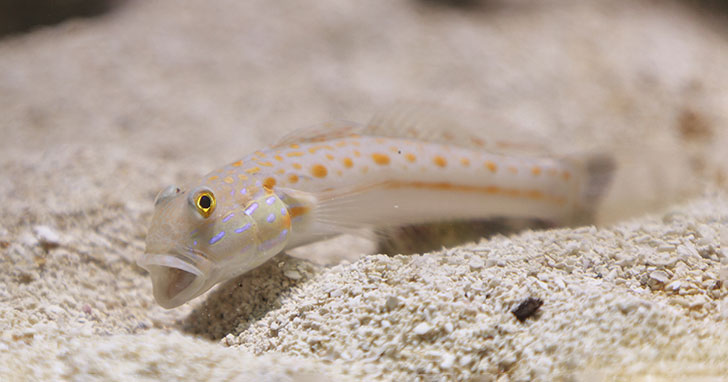
Controlling Detritus in your AquariumWhat is detritus?
Detritus is considered to be any disintegrated material, waste, or debris that is present in aquariums. Most often, the term refers to organic matter produced by the decomposition of organisms. Examples of aquarium detritus can include dead or decomposing plants or aquatic life, molt coverings discarded by inverts such as shrimp, animal waste, and uneaten food. Is detritus harmful in your aquarium?
If left untreated an accumulation of detritus can cause nitrate and phosphates to rise, that could cause algae outbreaks in aquariums where there was none. If left unchecked, the nitrogen waste can become so high it becomes lethal to your aquatic life. How do I spot detritus in my aquarium?
Dead or decomposing detritus sometimes displays as brown matter or more simply, as “gunk” in your aquarium. What causes detritus?
Natural occurrences such as aquatic life death, decaying plant matter, dirty filters, overfeeding, overstocking, and not performing routine water changes can cause or extend the presence of detritus in an aquarium. How do I remove detritus from my aquarium?
Prevention and physical removal - There are steps an aquarist can take to lessen the presence of detritus in their aquarium. Since leftover food is a large contributor to detritus, restrain from overfeeding your aquatic life. Also, maintaining good filtration and regular water changes can help. Physical removal of dead plant matter can also help. Vacuuming or siphoning your substrate can also help. Live predators - Another method of removal is with the use of aquatic life that feeds on detritus. What aquatic life eats detritus?
There are many fish and invertebrates that consume detritus. A few are mentioned below. Freshwater 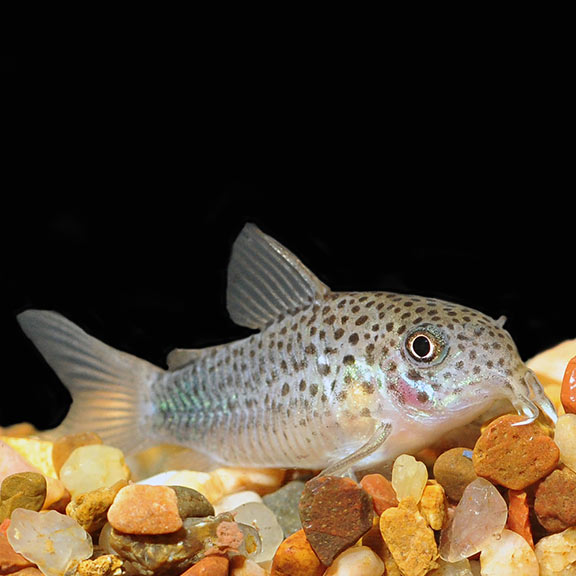
Corydoras 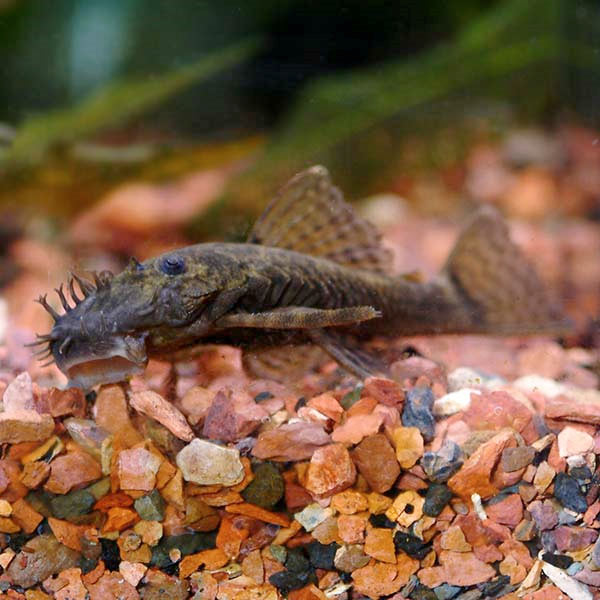
Plecos 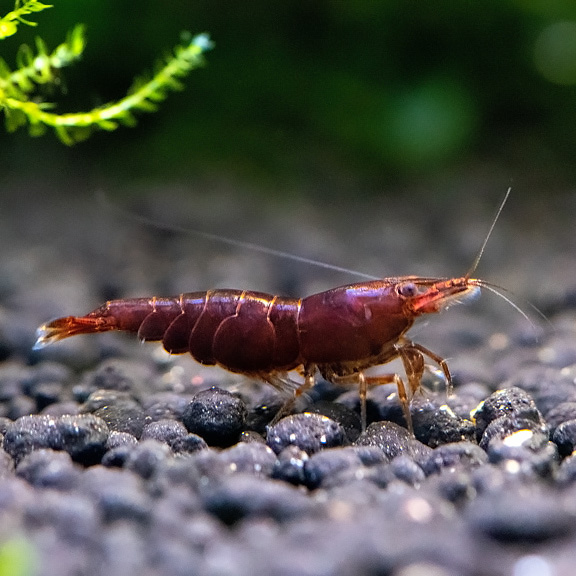
Freshwater Invertebrates Saltwater 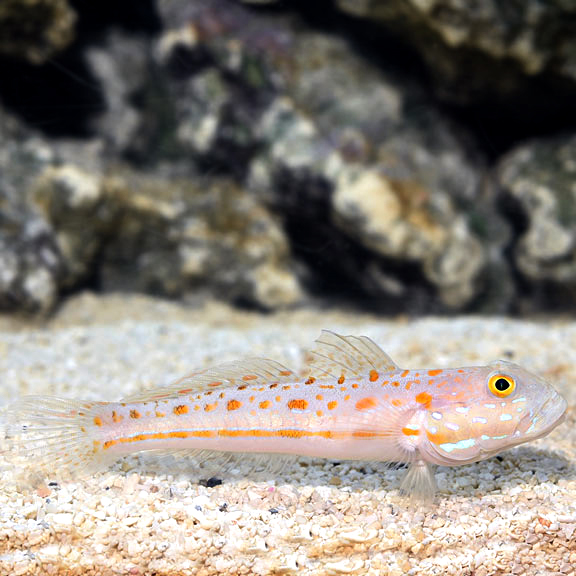
Sand-sifting Gobies 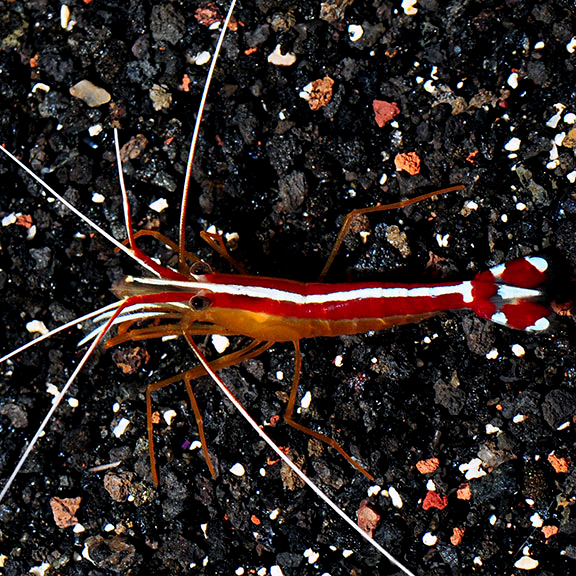
Marine Inverts Aquascaping plays an important role in minimizing areas known as “dead spots” where water flow is minimal, and detritus can accumulate. Hobbyists can strategically aquascape around filtration equipment/powerheads to prevent this. Establishing good habits with regard to water quality can prevent detritus build up. Staying diligent and removing matter that can become detritus is a strong second step, and getting some assistance in the form of aquatic stock that can help you will set you up for success in controlling detritus accumulation in your freshwater or marine aquarium. |
|
|




